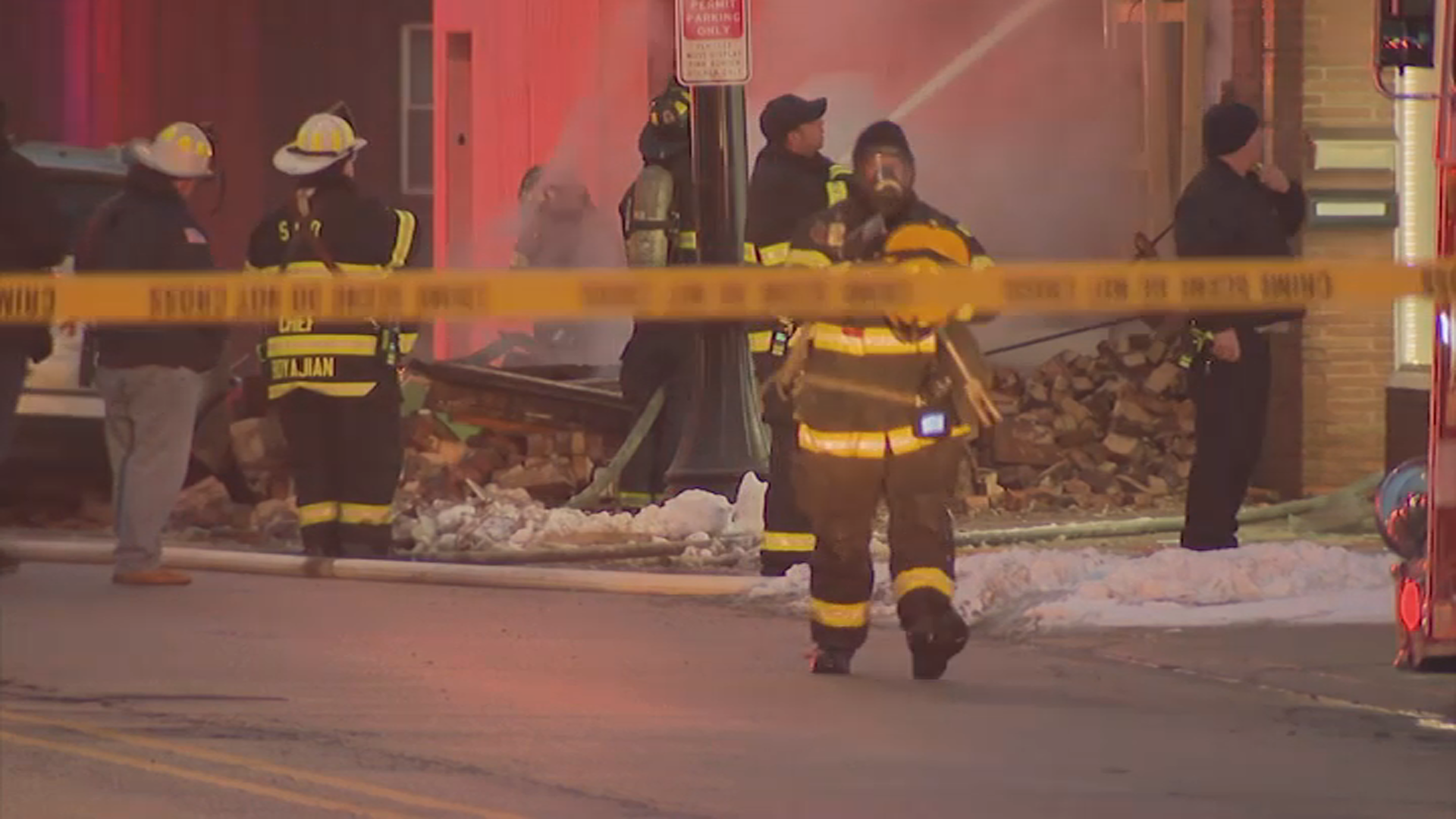A mobile stroke unit operated by Northwestern University is helping west suburban patients receive critical care, NBC 5’s Lauren Petty reports.
When someone is having a stroke, a quick medical response can make all the difference in their recovery.
“The earlier you get treated for stroke, there's less neurons that are dying, the recovery is much better and the outcomes much better,” said Dr. Harish Shownkeen, medical director for Northwestern Medicine’s stroke program in the West region.
Shownkeen says Northwestern Medicine is improving outcomes for stroke patients in the western suburbs with its “mobile stroke unit,” the only one in the state, based at Central DuPage Hospital in Winfield.
“Now we are actually taking the hospital to the patient. The patient's getting treated right away. We save at least 30 minutes in treatment time,” Shownkeen said.
The unit is staffed with a critical care nurse, a critical care paramedic and a CT technologist, who can administer that crucial scan of the brain, which can help determine if the stroke is an acute ischemic stroke.
“By scanning them and doing a telemedicine consult, we're able to then do the definitive treatment out in the field,” said Keely Buffo, manager of the MSU.
In addition to its primary coverage area, the mobile stroke unit has six pre-approved interceptor points, including Fox Valley Ice Arena in Geneva, which allow the unit to treat more patients, further away from the hospital.
Local
“If patients come from, say 30, 40 miles away, we can meet them 20 miles away from the hospital,” Shownkeen said.
One patient who was treated at the ice arena is Jim Curtin. Now retired, the Chicago firefighter for 30 years had helped transport stroke patients on the job and had witnessed what a stroke can look like.
Feeling out of the loop? We'll catch you up on the Chicago news you need to know. Sign up for the weekly Chicago Catch-Up newsletter.
“We would be getting them to the hospital as fast as we could, but they would be crashing quick, you know,” Curtin said.
But Curtin didn’t realize he was having a stroke in January, until a friend saw the symptoms and called 911.
“Next thing I remember, I turned and the Elburn paramedics were standing there. I’m like, what are they do in here,” Curtin said.
That 911 call also dispatched the mobile stroke unit, which was set up and waiting for Curtin at the Fox Valley Ice Arena.
“They brought me over and put me (in the MSU) and I was like, I knew I was in trouble. I'm thinking, like, am I hallucinating?” Curtin said, when he saw the CT scanner in the back of the enhanced ambulance.
Curtin’s CT scan showed three blood clots, cutting off blood flow to his brain. He was given clot-busting medications and one clot dissolved right away.
“Time is of the essence in something like this. It’s just, I think it's so incredible. I just can't believe there's only one in the state,” Curtin said.
“Patient care is not compensated when it's outside the hospital. A lot of the hospitals have been reluctant in having an MSU, but this was the best way to give back to the community,” said Shownkeen. “So we decided irrespective of whether the hospital gets paid for the procedure or not, we're going to do this for the community because it's gonna save so many lives.”
Three months after his stroke, Curtin has made a full recovery.
“It was so efficient. There was no waste of time,” said Curtin.



